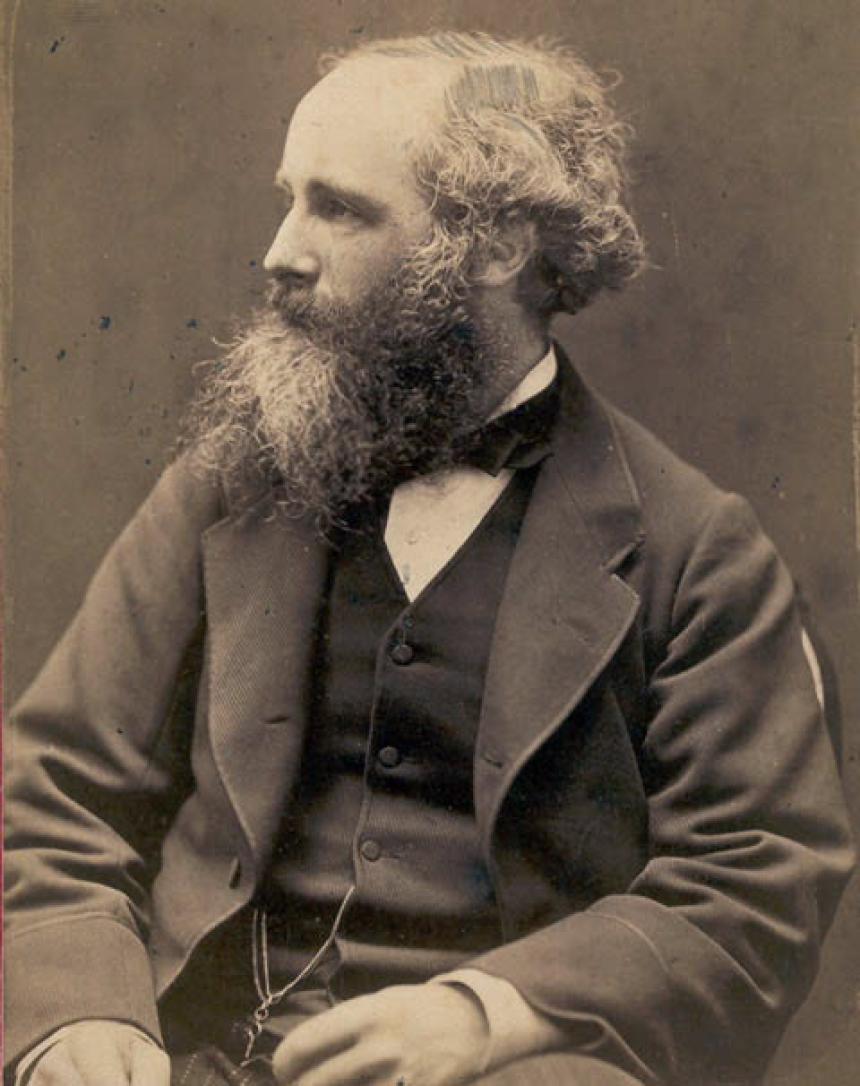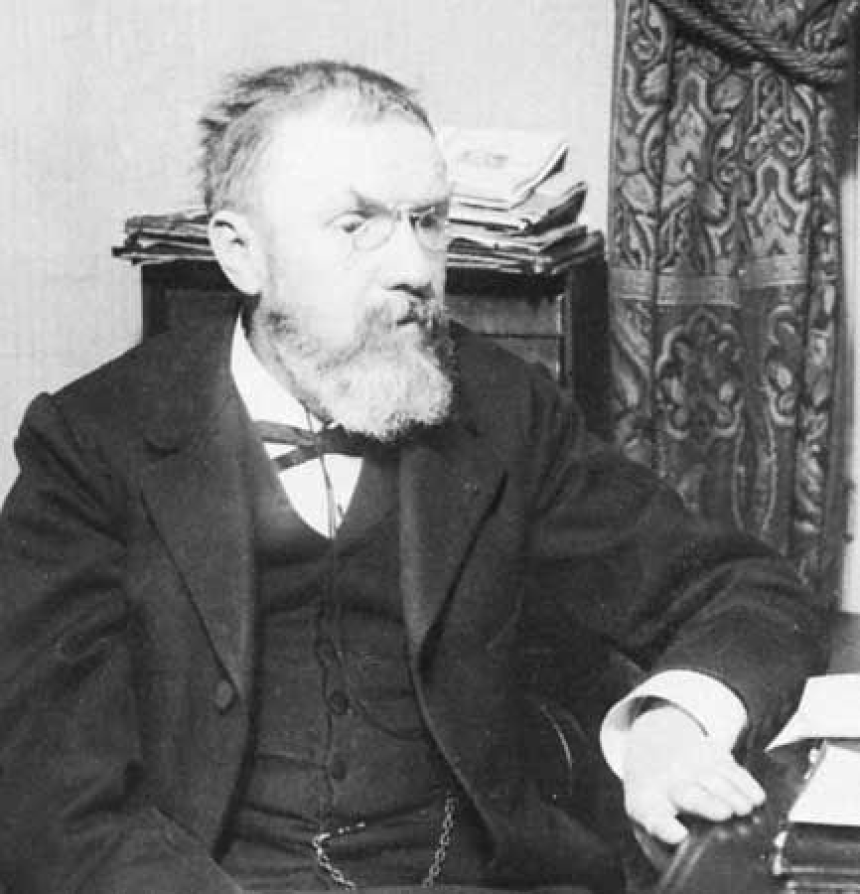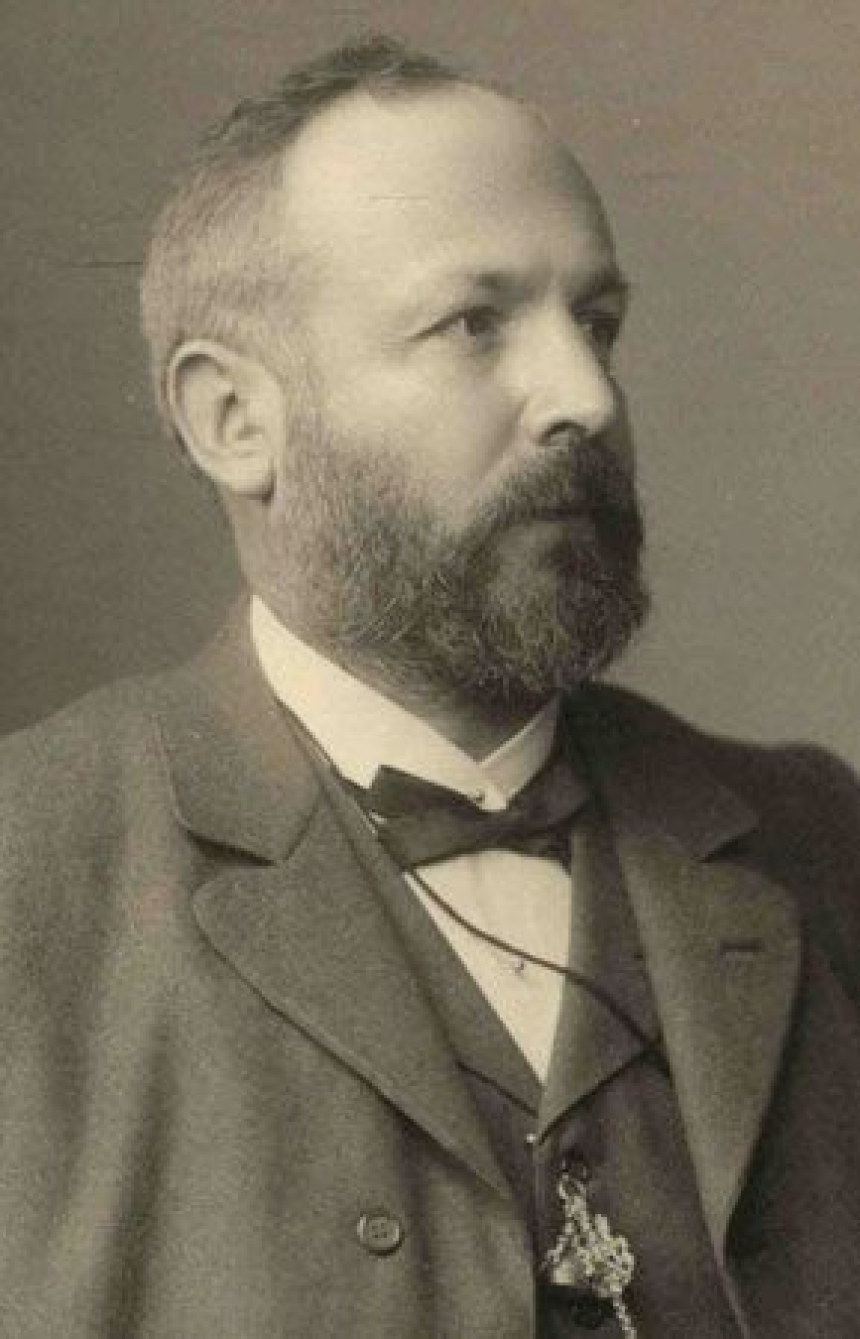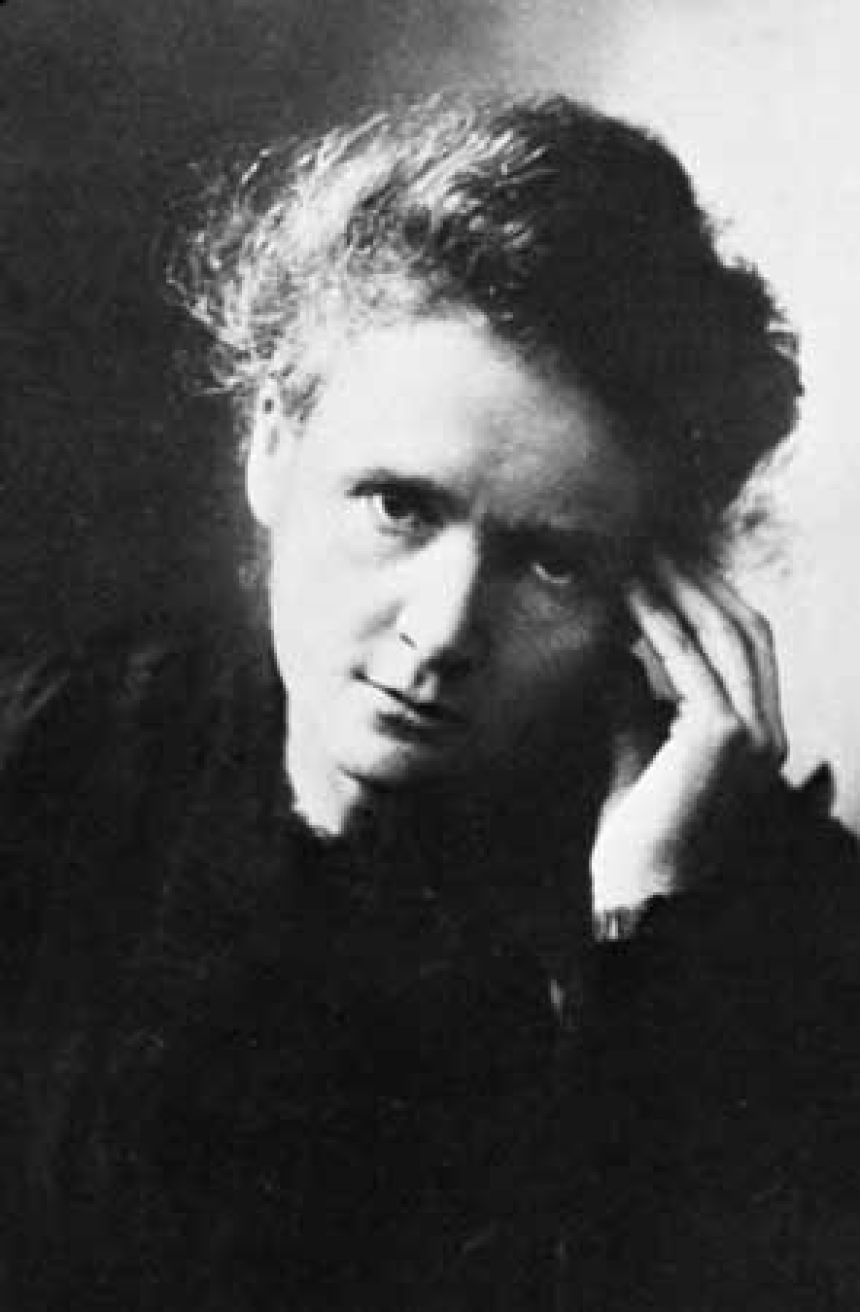
James Clerk Maxwell
James Clerk Maxwell - The Pioneer of Electromagnetism
James Clerk Maxwell - The Pioneer of ElectromagnetismJames Clerk Maxwell, born on June 13, 1831, in Edinburgh, Scotland, was a Scottish physicist and mathematician widely regarded as one of the greatest scientists who ever lived. He made significant contributions to the fields of electromagnetism and statistical thermodynamics. His groundbreaking equations, now known as Maxwell's equations, laid the foundation for the modern understanding of electromagnetism.
Early Life and EducationMaxwell came from a family of high social standing and academic achievement. He displayed exceptional intellectual capabilities at an early age, showing a keen interest in mathematics and physics. At the age of 10, he started studying calculus.
Maxwell attended the University of Edinburgh at the age of 16, where he pursued his passion for mathematics. He later went on to study at Trinity College, Cambridge, where he excelled in his studies and graduated as a second wrangler in mathematics in 1854.
Contributions to ElectromagnetismMaxwell's most notable work lies in the field of electromagnetism. He developed a unified theory of electricity, magnetism, and light, which revolutionized our understanding of these fundamental forces. His equations describe how electric and magnetic fields interact, creating waves of electromagnetic radiation. These equations demonstrated that light is an electromagnetic wave, and he accurately calculated its speed.
Maxwell's equations also predicted the existence of electromagnetic waves other than light, such as radio waves, microwaves, and X-rays. His insights into the nature of electromagnetism paved the way for advancements in telecommunications, radio, and ultimately, the development of modern technology.
Statistical ThermodynamicsIn addition to his contributions to electromagnetism, Maxwell also made significant contributions to the field of statistical thermodynamics. He formulated the Maxwell-Boltzmann distribution, which describes the distribution of velocities among particles in a gas at a given temperature. This distribution provided a foundation for understanding the behavior of gases and paved the way for further developments in statistical physics.
Legacy and HonorsMaxwell's pioneering work in electromagnetism and statistical thermodynamics has had a profound impact on modern science and technology. His equations are still widely used today and form the basis for much of our understanding in these fields.
Maxwell received numerous honors and recognition for his contributions, including being elected as a Fellow of the Royal Society of Edinburgh and the Royal Society in London. His statue can be found in the famous Cavendish Laboratory in Cambridge, a testament to his enduring legacy.
ConclusionJames Clerk Maxwell's brilliance and groundbreaking contributions to electromagnetism and statistical thermodynamics have solidified his place as one of the greatest scientists in history. His equations continue to be foundational in the field of physics and have transformed our understanding of fundamental forces, light, and the behavior of gases. Maxwell's work continues to inspire current and future generations of scientists, pushing the boundaries of knowledge and technology.
Frequently Asked Questions1. What is Maxwell's most famous achievement?
Maxwell's most famous achievement is the development of his equations, now known as Maxwell's equations, which accurately describe the behavior of electric and magnetic fields and their interactions.
2. How did Maxwell contribute to the understanding of light?
Maxwell showed that light is an electromagnetic wave by incorporating it into his unified theory of electromagnetism. His equations accurately calculated the speed of light and predicted the existence of other electromagnetic waves.
3. What is the significance of Maxwell's equations?
Maxwell's equations form the foundation of modern electromagnetism. They are used to study and understand a wide range of phenomena, from the behavior of electricity and magnetism to the transmission of radio waves and the operation of modern technology.
4. How did Maxwell contribute to statistical thermodynamics?
Maxwell formulated the Maxwell-Boltzmann distribution, which provides insights into the behavior of particles in a gas at a given temperature. His work contributed to the development of statistical physics and our understanding of the properties of gases.
5. What is the significance of Maxwell's legacy?
Maxwell's legacy lies in his groundbreaking contributions to science, particularly in the fields of electromagnetism and statistical thermodynamics. His work continues to shape our understanding of fundamental forces and has paved the way for countless technological advancements.





